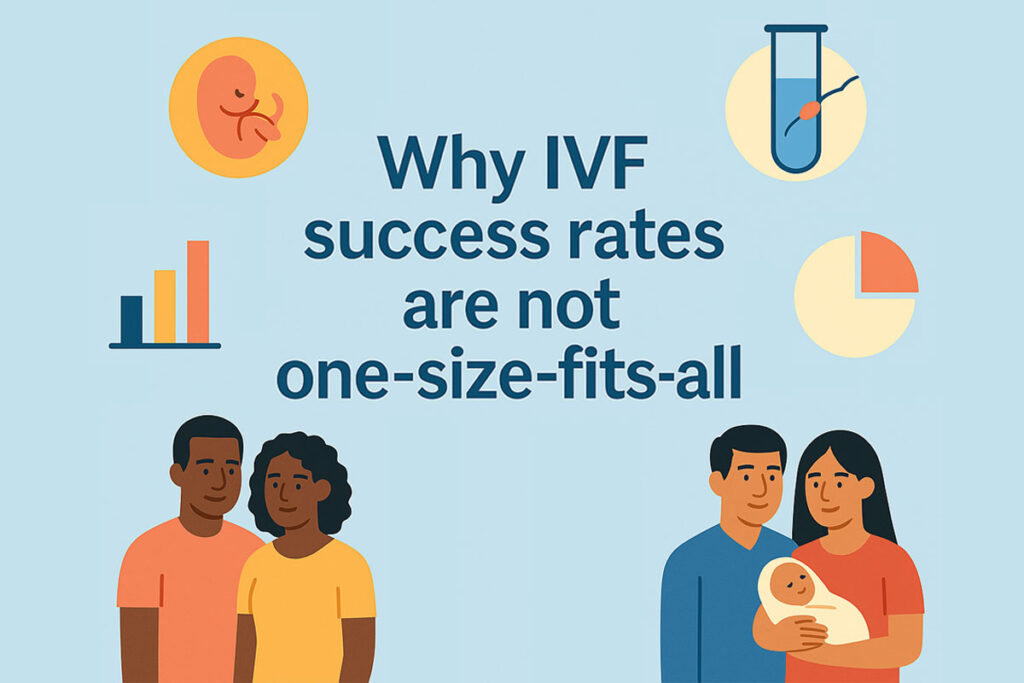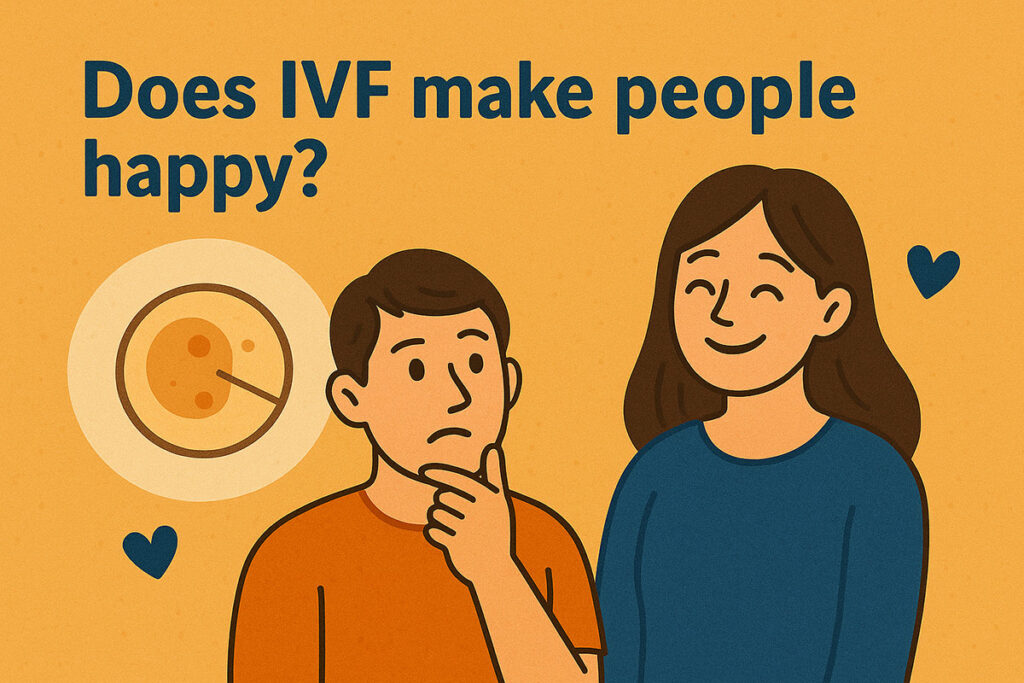Understanding why becoming pregnant or carrying a baby to term is difficult should be a key factor in deciding whether or not to go ahead with assisted conception, or which particular treatment a patient might need, says NOW-fertility Founder Professor Luciano Nardo.
This month he joined Fertility Wellbeing Ireland’s Dara Byrne for an Instagram Live discussion on her channel, @fertilitywellbeingireland to explain why he always advises couples or individuals to have investigations before undergoing IVF.
“Beginning fertility treatment can be a daunting process for anyone – from both an emotional and financial perspective – it can also be quite scary. So, managing expectations is very important from the beginning.
Managing expectations
“I believe that recommending treatment without undertaking an investigation is completely wrong because in some cases it can add more pressure – both financially and time wise. In others it creates false expectations.
“The couple may embark on treatment thinking, ‘I’ve got IVF now, I’m going to get pregnant’ but that may not be the case because of an underlying problem. That might mean they are as infertile with IVF as trying to conceive naturally.
Professor Nardo said there had been occasions when he’d had to discourage patients from starting fertility treatment. “I didn’t believe that it was in their best interests, and I thought that in the long term it would have caused more damage,” he said, adding that while this might not be the news patients want or expect, it’s important not to recommend treatment if the chances of a successful pregnancy via assisted conception are the same or lower than trying to conceive naturally.
“There have been cases where couples have been advised to have fertility treatment, but they didn’t want to undergo any investigations, but wanted to have the IVF treatment as a ‘test’. And to be honest, this is not that unusual; we see more and more couples that say, ‘we think we are absolutely fine. We’ve got no problems. My partner, my husband has the semen analysis, which is fine. I had a scan, which is fine. So, let’s just get on to IVF and see what happens’. And then they may suffer a miscarriage or a poor response to stimulation or the eggs may not fertilise.
“Only after spending money and time building up their expectations, and perhaps suffering the outcome, do they agree to an investigation.”
Professor Nardo said he prefers to discuss all options with patients in his first consultation with them, putting together a diagnostic protocol to help identify the cause or causes of failed conception and how it might be treated.
Dara Byrne asked if patients who’d already had several rounds of failed IVF were sometimes referred to him for more treatment using donor eggs, sperm, or embryos but still with no clear idea why previous pregnancies had failed.
Finding the cause of the problem
“This happens quite frequently…but transferring a donor embryo or an embryo with donor sperm, may not overcome the problem if there is an underlying issue with the female partner.
“I recently had a young, fit and healthy couple who’d had repeated failed cycles of IVF, but had been recommended to keep going, which was putting a lot of pressure on them.
“The female partner was known to have a thyroid disease. The thyroid is an important gland controlling the immune system, but she’d never undergone investigations for thyroid related disorders.
“There is no benefit in embarking on IVF treatment – an emotional journey, which was already taking its toll, if further investigations and proper treatment for an underlying thyroid problem, could mean they’d achieve a pregnancy naturally.”




